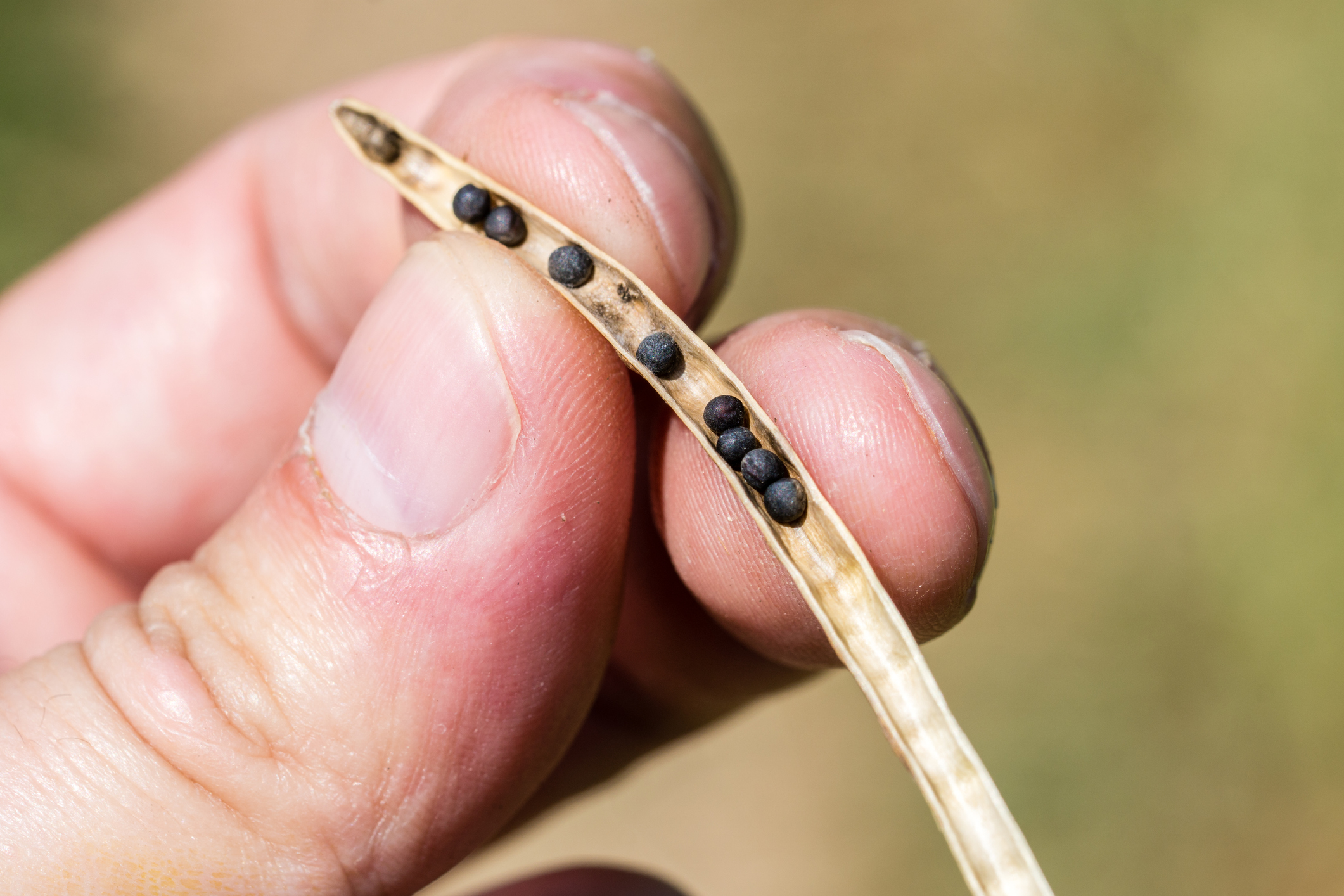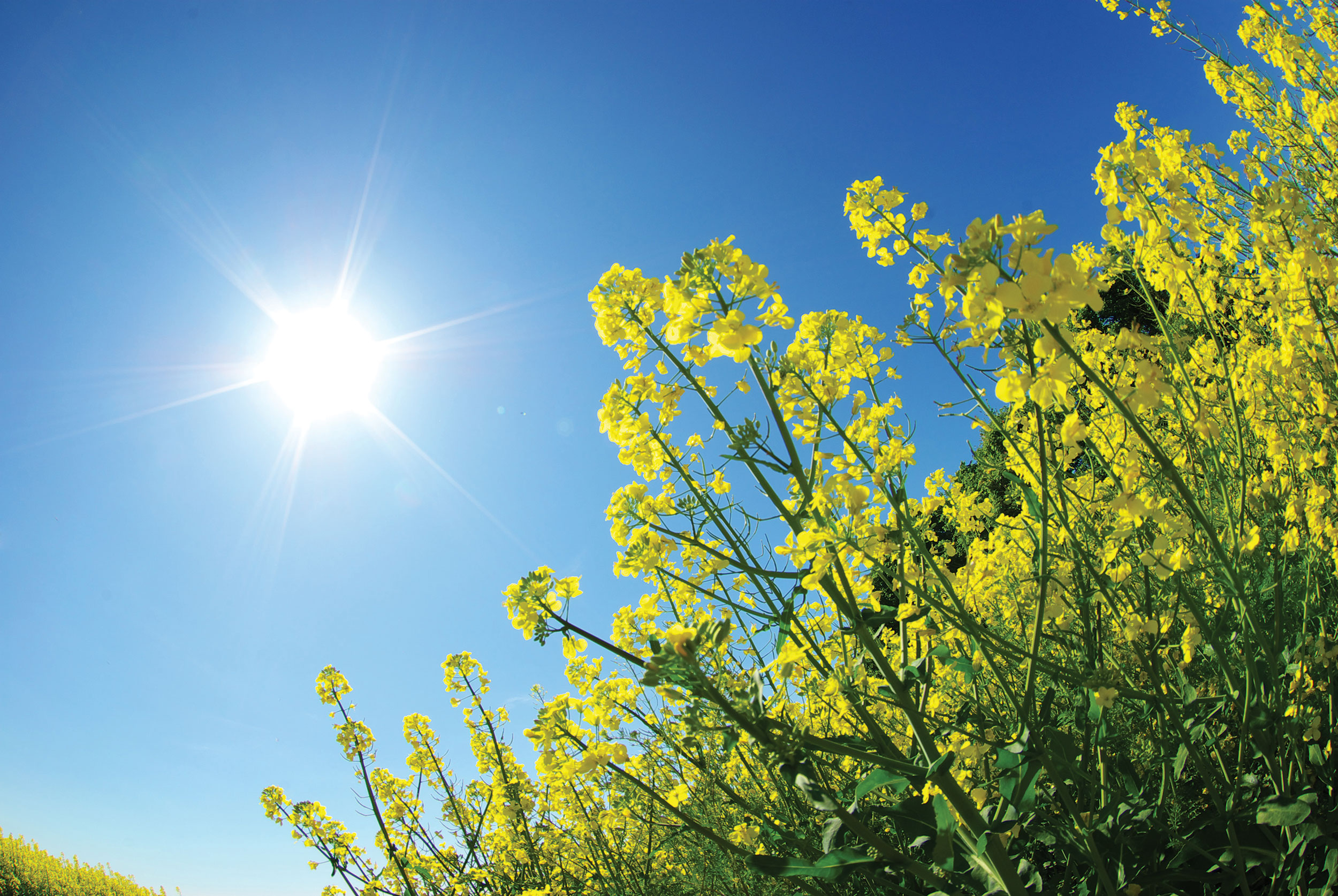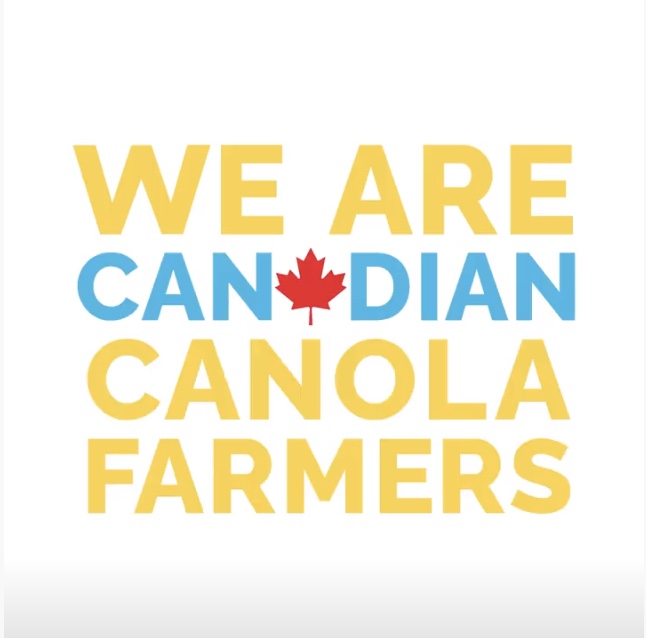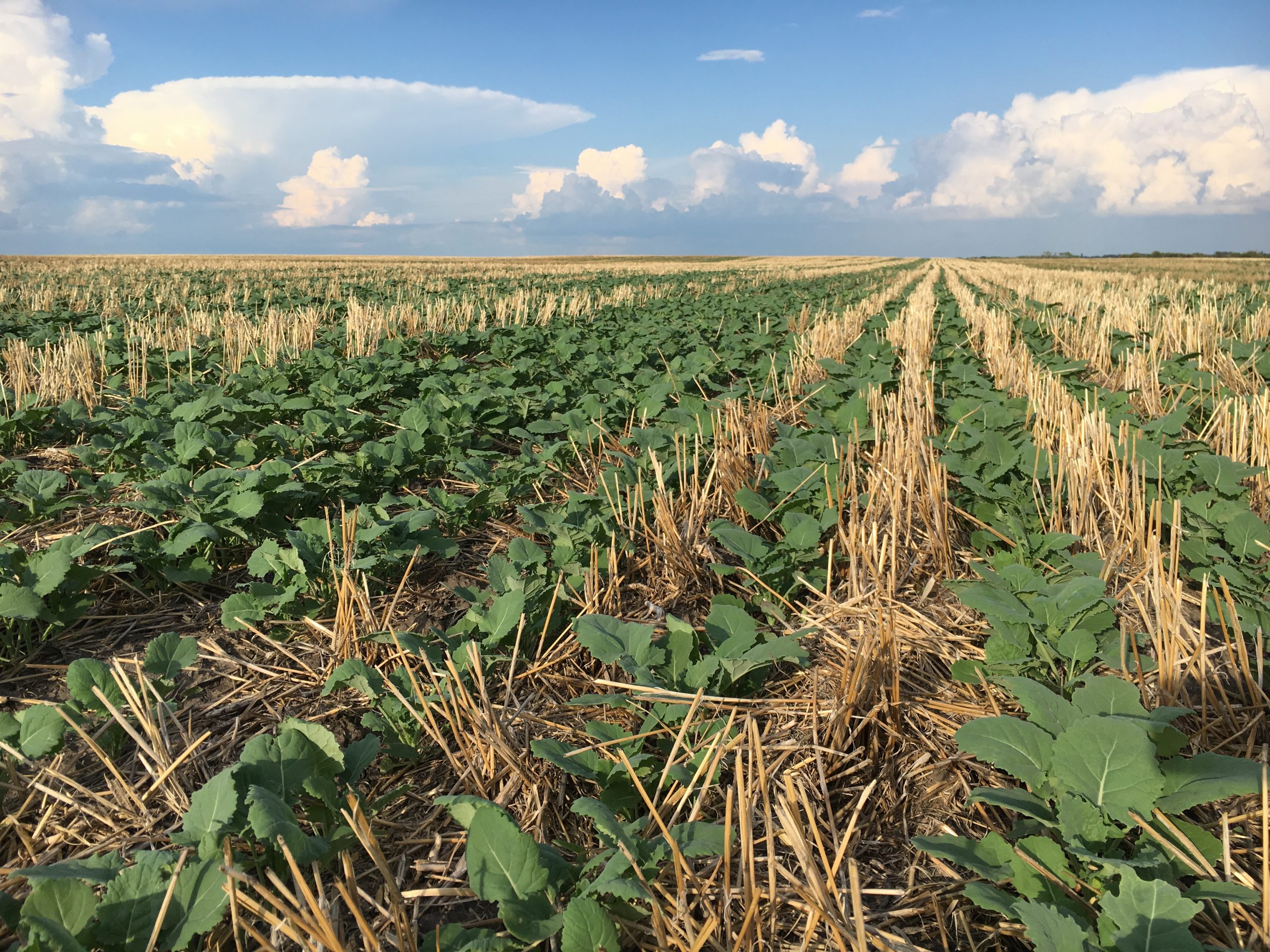
The farm is our home and livelihood, but it’s also home to wildlife, insects, trees and birds. Farms have long been an important source of biodiversity across Canada, so canola farmers work hard to preserve our ecosystems and minimize the environmental impacts of our farming practices.
For example, canola fields are the perfect food source for honeybees. While they are busy feasting on the nutrient-rich canola flowers, they are also pollinating the crop –a mutually beneficial part of the ecosystem farmers try to protect.
Did you know?
canola fields provide habitat for over 2,000 beneficial insects, including native pollinators and honeybees?
Canola benefits from having abundant pollinators and useful insects. These diverse insect groups can encourage higher yields and better ripening, and provide a natural check on insect pest populations.
We also care greatly for the soil. It’s where the roots of food and farming begin. Most farms have been around for generations, growing more food year after year on the same number of acres. Soil health is integral to a thriving farm.
Crop rotation and zero-till are two common practices we use to protect the health and integrity of the soil.
Crop Rotation
Instead of growing canola year after year on the same plot of land, rotating in other crops (such as wheat or soybeans) can provide many benefits to the environment. By rotating through crops every two or three years, we can better manage insects, weeds and diseases. Crop rotation also helps protect soil quality and increase soil organic carbon while improving yields.
Zero-Till Practices
Today, about 60% of farmland is seeded with zero-till practices, which involves no digging up of the soil. This practice helps decrease carbon dioxide and greenhouse gas emissions, improve soil health, reduce runoff, and limit soil erosion. Back in 1991, only 7% of farmland was seeded with zero-till – that’s quite the improvement.
With modern farming practices, we’re now able to grow more canola per acre, more efficiently, with less of an environmental impact.
We take pride in caring for the soil and the land, looking after and protecting the natural resources and wildlife we share our family farms with.
Because we’re always committed to growing the best for you.




